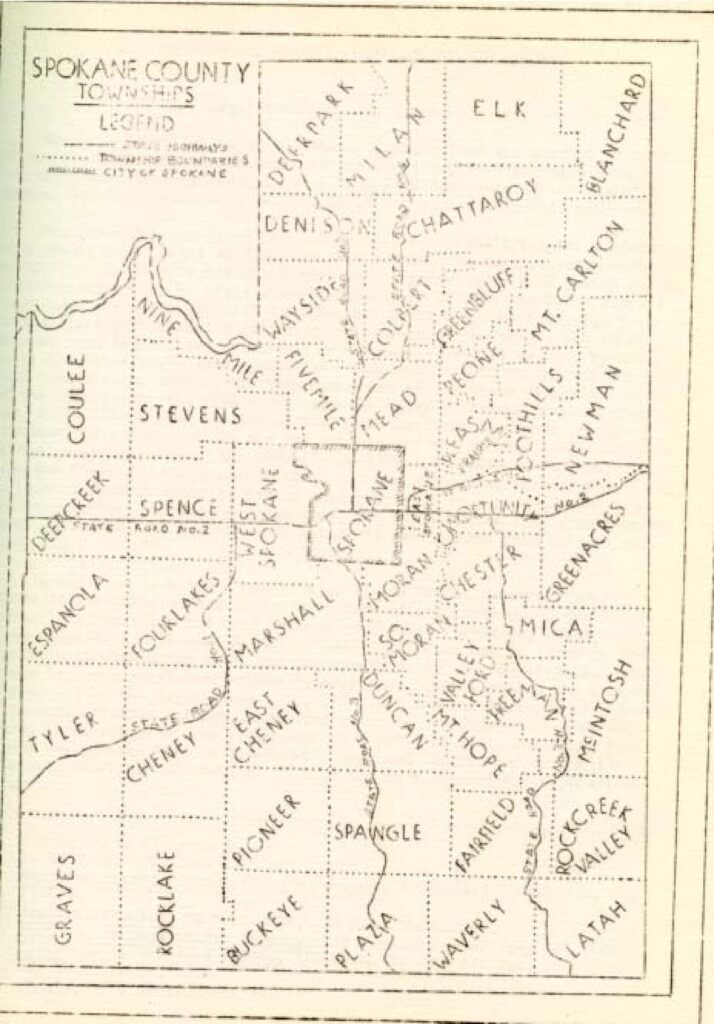
On October 6, Whitworth University President Scott McQuilkin sent an email to members of the Whitworth community stating that the university had been contacted by the Racial Restrictive Covenants Project research team. The team notified the university that it had found documents which showed that in 1942, Whitworth College sold property to build a residential community. Among the documents for the sale is a restrictive property covenant which declares that “No persons of any race other than the white race shall use or occupy any building on these premises, except … occupancy by domestic servants of a different race domiciled with owner or tenant.”
The research group that uncovered the documents was mandated by a bill passed by the Washington state Legislature last year with strong bipartisan support. A report on the bill explains that it “requires the University of Washington and Eastern Washington University to review existing deeds and covenants for unlawful racial or other discriminatory restrictions and provide notice of such restrictions to property owners and county auditors.” It also provides a process to remove such unlawful provisions from the affected real estate documents.
According to the email sent out by the Office of the President,
“The Racial Restrictive Covenants Project seeks to identify real estate documents that placed restrictive covenants on the sale or rental of real estate to people based on their race or ethnicity. These covenants, widespread in the mid-20th century, were placed on property deeds, many of which today still contain the restrictive covenants. Mandated by the state Legislature last year, with strong bipartisan support, and led by research teams at EWU and the University of Washington, the project seeks to identify existing covenants and provide homeowners options for legally removing the language from their deeds.”
The Project’s website explains that racial restrictive covenants were one of many tools used by segregationists to keep neighborhoods segregated. Other practices implemented included redlining, modifying zoning laws, and issuing city ordinances which applied only to specific races.
McQuilkin’s email stated, “We are deeply sorry that we participated in this racist practice, and we recognize it was a clear failure to live up to our mission to honor God, follow Christ and serve humanity. This reprehensible practice of racial exclusion speaks to a reservoir of racism that has been a part of our nation’s past and still exists today… We condemn this racialized caste system.”
McQuilkin also stated, “I have commissioned a campus group to bring forward ideas to further educate us on how Whitworth might learn from this discovery and how we can share this with our greater community. Please anticipate that information to follow in the coming weeks.”
The full announcement is accessible through the Whitworth Pirate Port here.


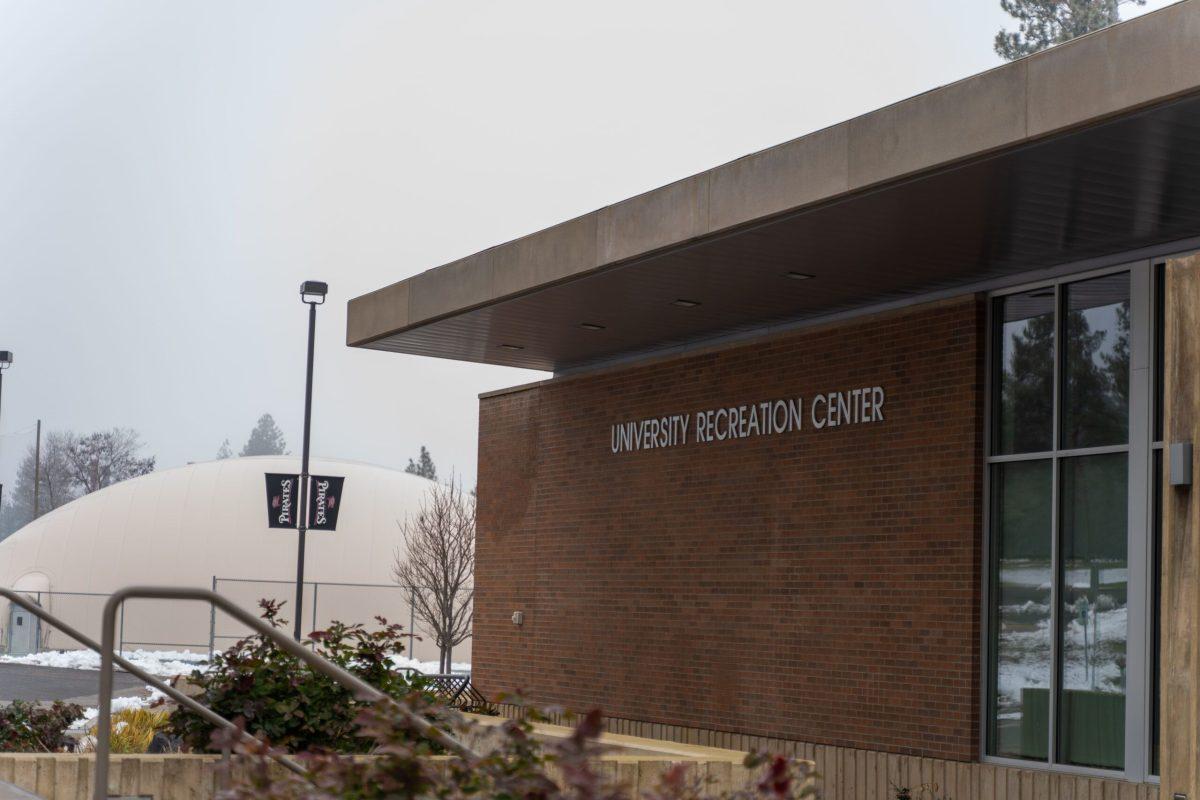
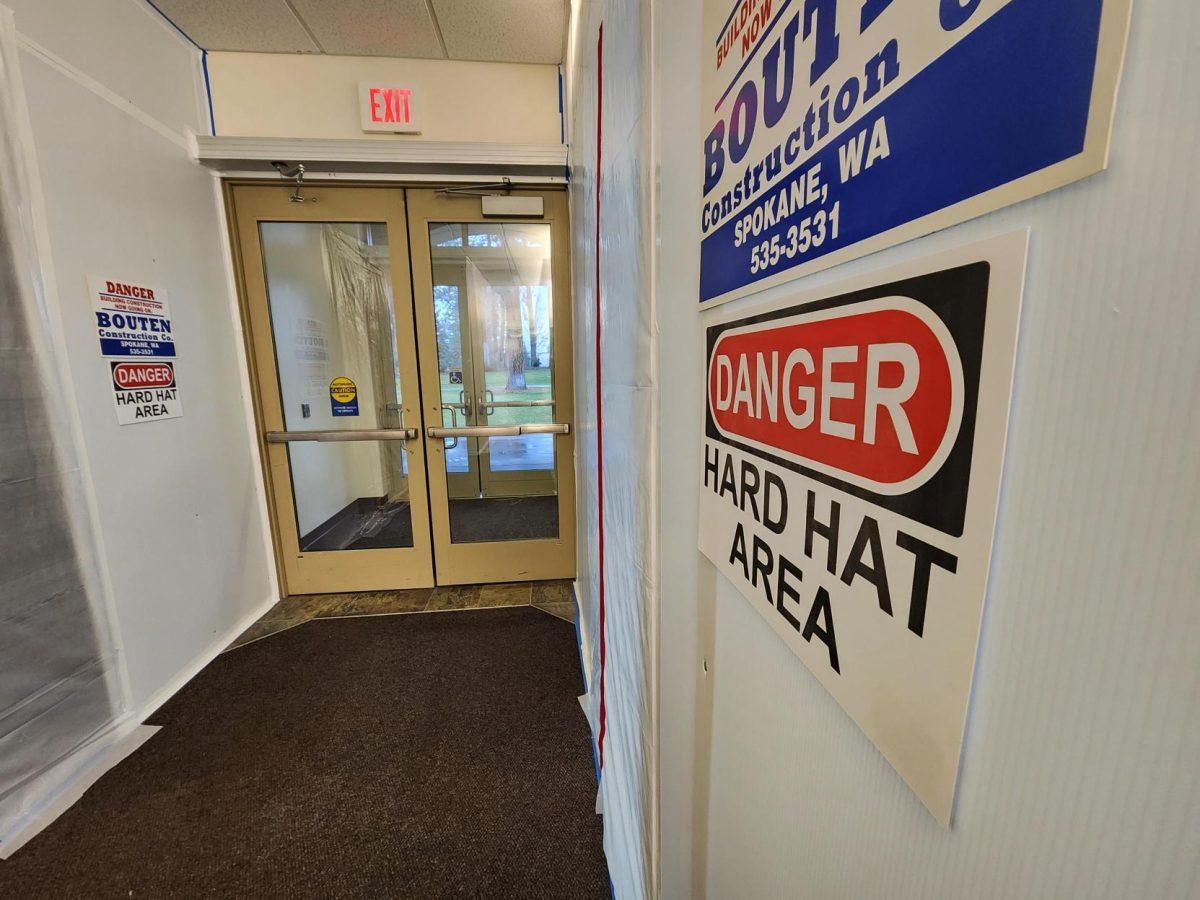
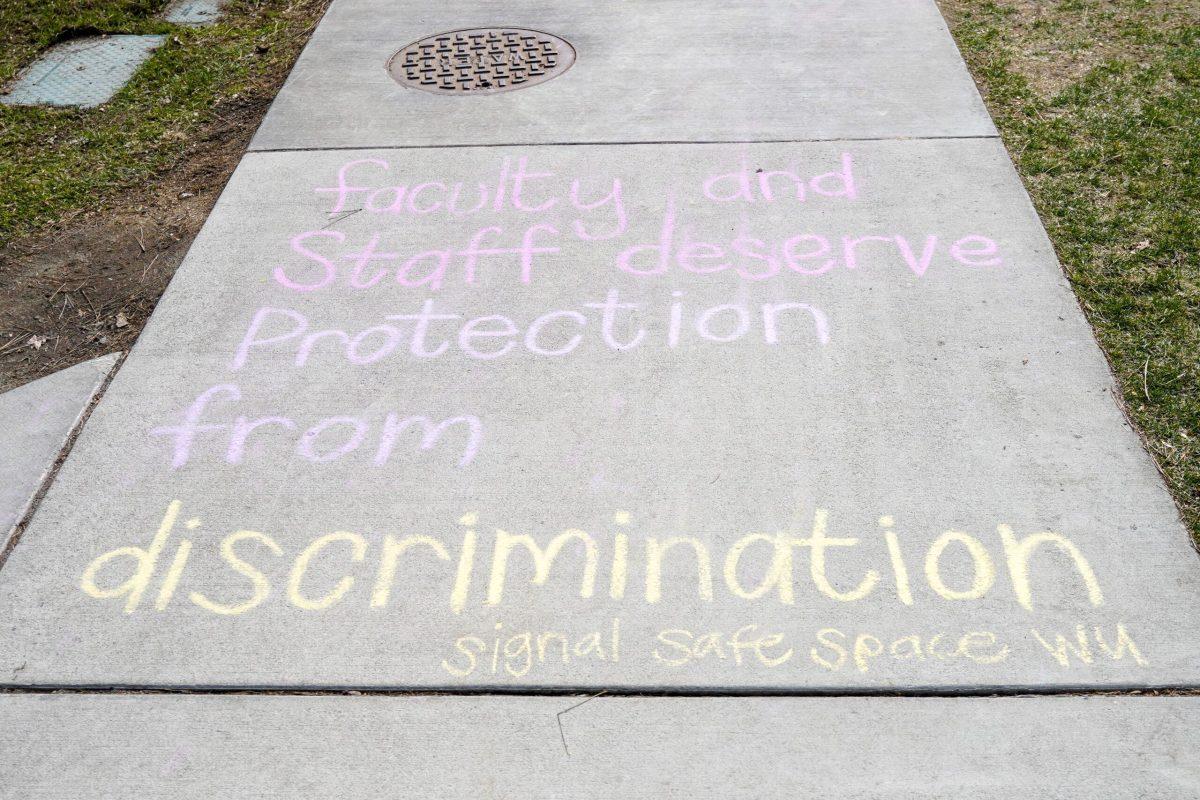
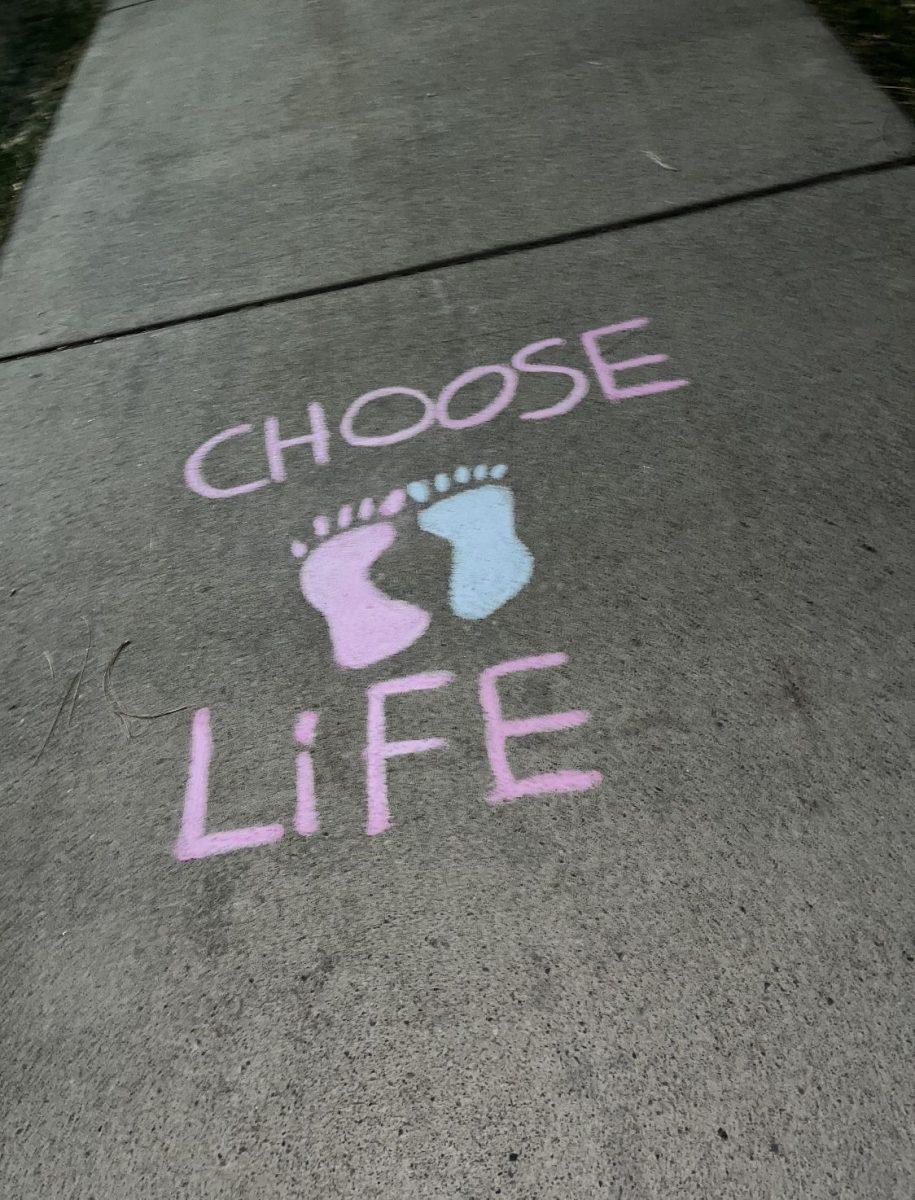






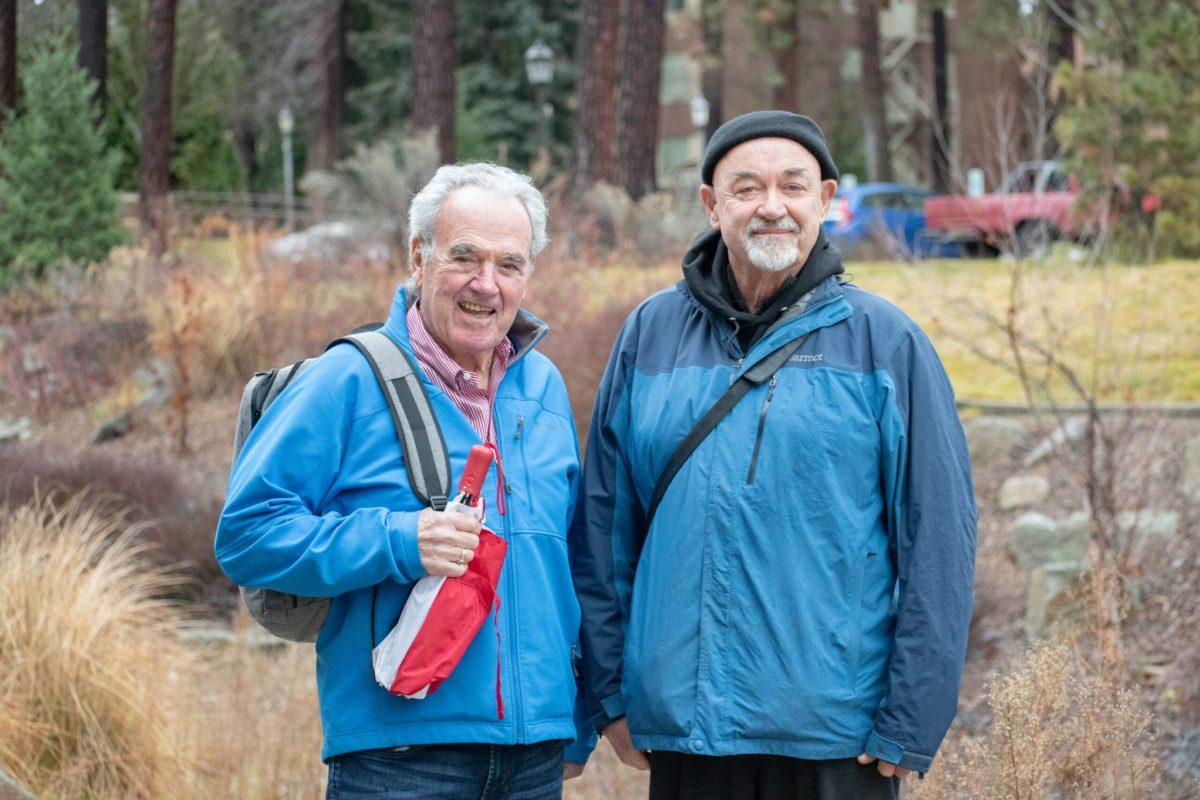

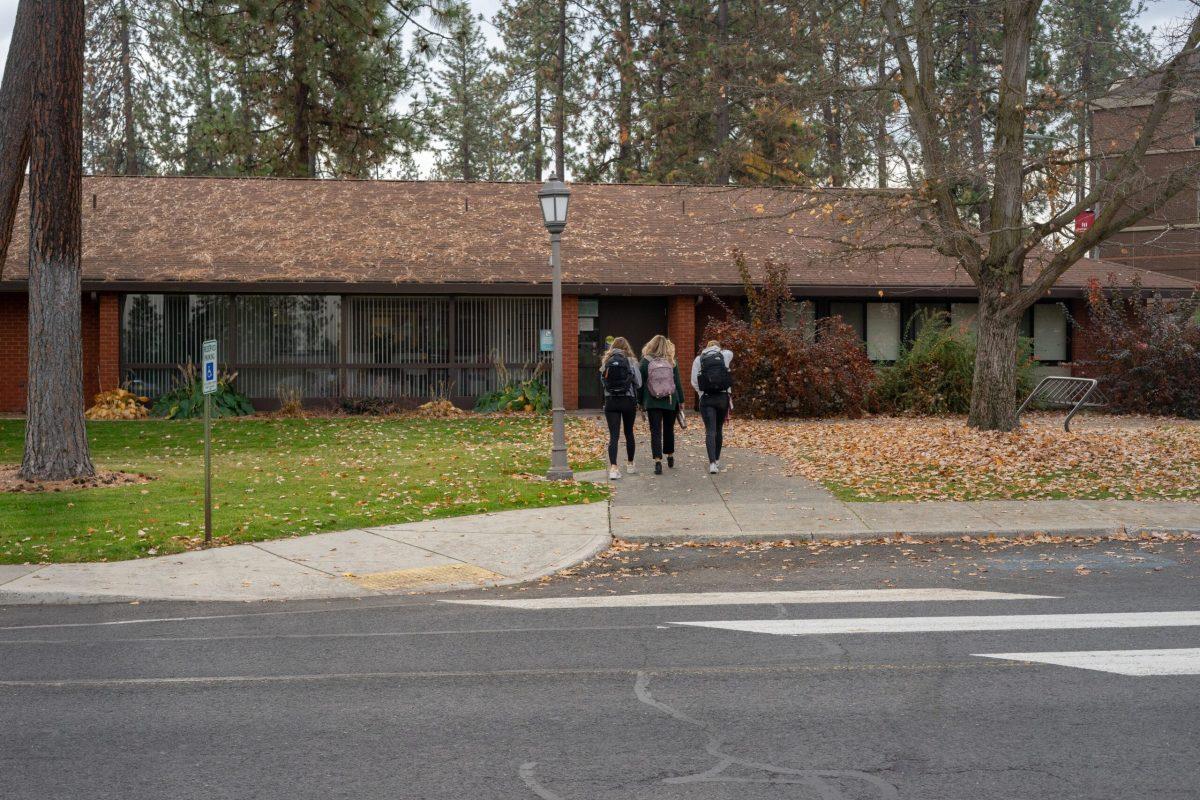

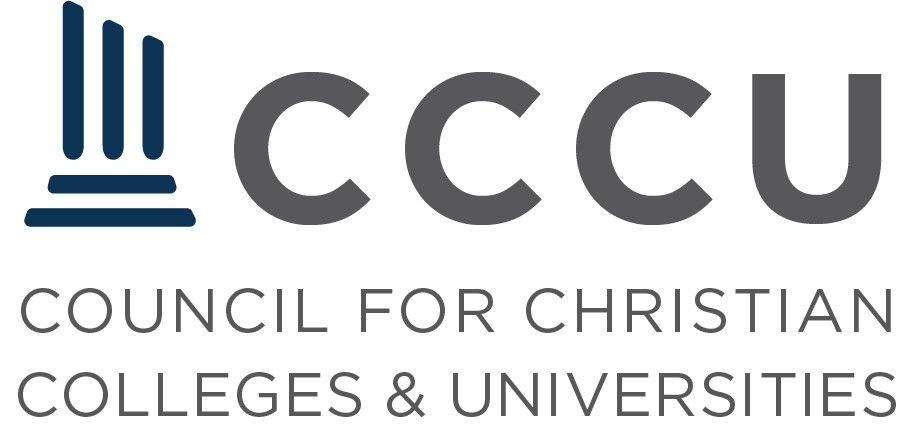
 Spokane?
Spokane?